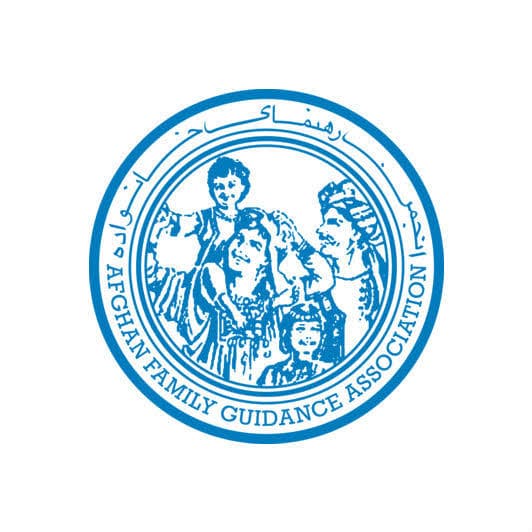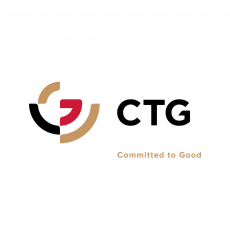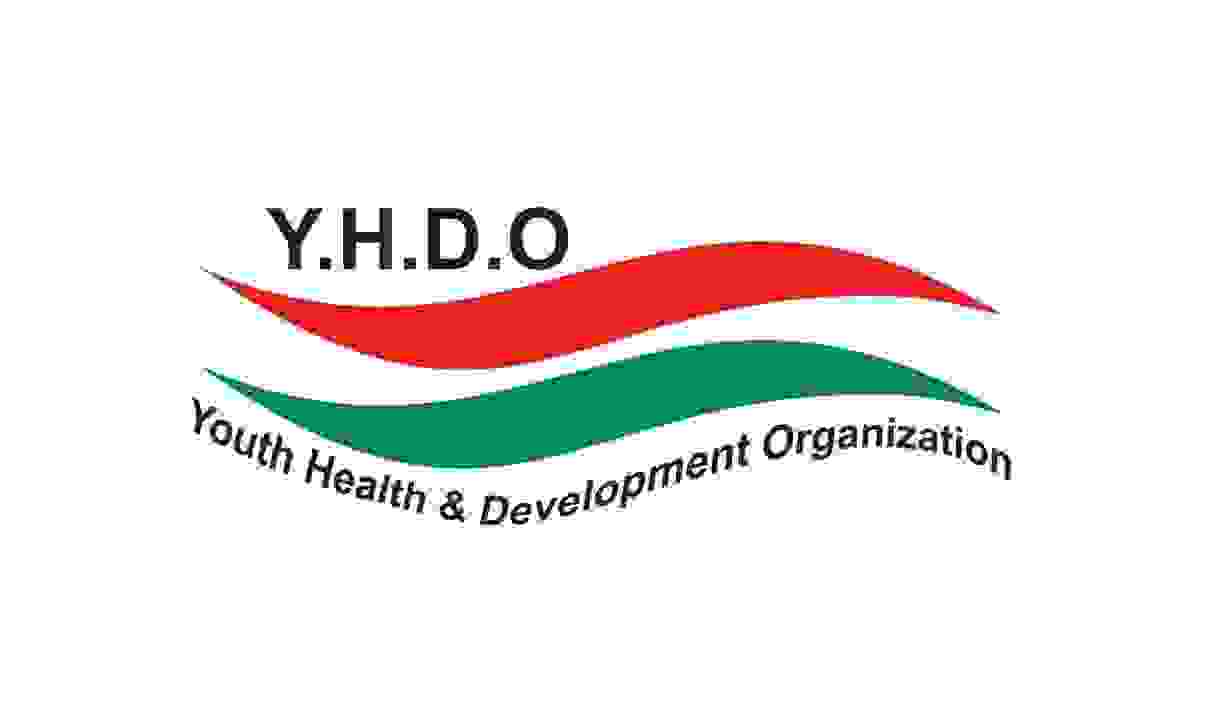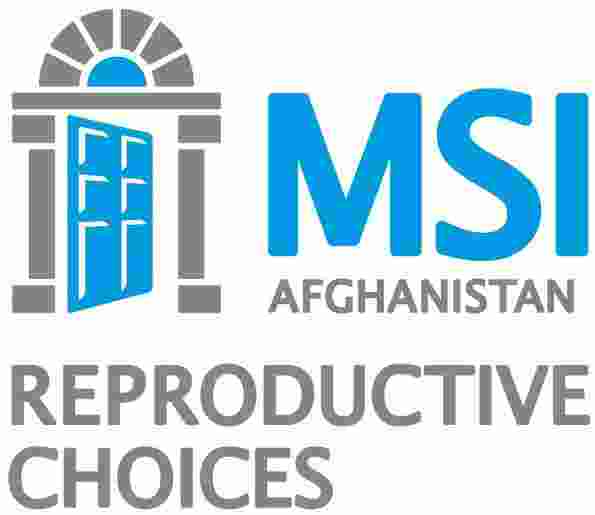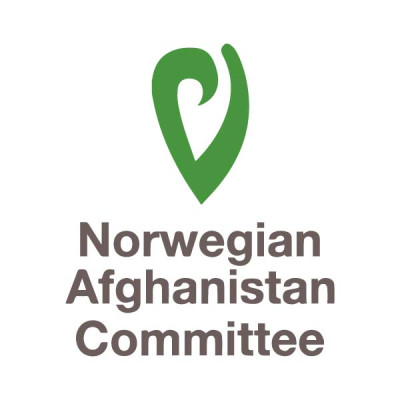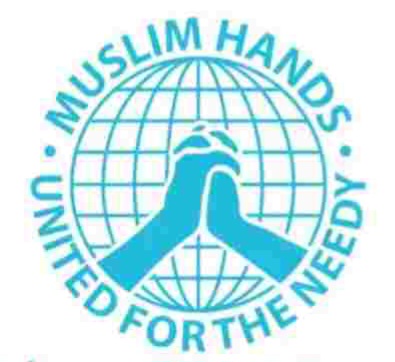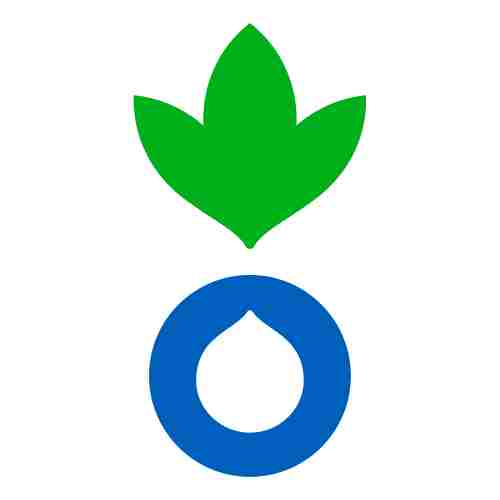Key Responsibilities
Internal to WHO Programs and Operations:
· Assess safeguarding risks during health emergency responses.
· Ensure adherence to WHO’s Zero-Tolerance Policy on sexual misconduct, non-reporting, and retaliation.
· Monitor compliance with the WHO Code of Conduct.
· Mitigate SEAH risks in field-level health operations and service delivery.
· Brief and monitor WHO health response teams on safeguarding requirements.
· Identify capacity gaps and recommend corrective actions.
· Strengthen community awareness on safeguarding and SEAH prevention.
· Reinforce safe, accessible, gender-sensitive, and accountable reporting and referral mechanisms.
· Ensure frontline WHO staff are protected from SEAH and promote their wellbeing.
· Support field offices in integrating safeguarding measures into programs.
· Monitor compliance with PRSEAH standards through site visits and follow-up actions.
· Contribute to health emergency situational reports by highlighting safeguarding risks and operational gaps.
· Document lessons learned, good practices, and case studies to improve procedures, training, and program implementation.
· Promote safeguarding and SEAH as regular agenda items in the Health Cluster.
· Coordinate closely with the Health Cluster Coordinator and represent WHO in PSEAH working groups.
Implementing Partners (IPs) Support & Capacity Building
· Assist implementing partners (IPs) in developing safeguarding risk-informed action plans.
· Strengthen partners’ knowledge management and data management systems.
· Support delivery of safeguarding trainings and provide tailored mentoring to IPs.
· Help partners establish sustainable and effective safeguarding systems.
· Enhance safeguarding measures for frontline health workers to ensure their safety, wellbeing, and access to safe reporting mechanisms.
· Ensure partners’ safeguarding, reporting, and referral systems are:
- Accessible, safe and confidential for use by community members in their diversity including at risk groups
· Support SEA awareness, education, and outreach initiatives with IPs.
· Promote free and equitable access to WHO health services.
· Facilitate safe referrals and victim support services.
· Reinforce WHO’s zero-tolerance policy toward exploitation, abuse, and harassment.
Education/Experience /Language Requirements
Education
Essential:
· Bachelor’s degree in public health, law / human rights, social sciences, gender studies, or related field.
Experience
Essential:
· A minimum of five (5) years of relevant experience in PRSEAH, safeguarding, Human rights, Safeguarding, Protection, Gender-based Violence (GBV) work.
· Working with Health focused humanitarian or development organizations (UN, INGO, NGO) in Afghanistan
Desirable:
· Experience in training, capacity-building, and awareness-raising with staff, partners, and communities.
· Familiarity with international safeguarding standards
· Familiarity with the Afghanistan Public Health system, Health cluster and safeguarding in Health emergencies’
Competencies
1) Producing results
2) Fostering Integration and Teamwork
3) Communicating in a credible and effective way
4) Effective use of resources
Functional Competencies
· Possesses strong technical expertise in safeguarding and PRSEAH.
· Applies best practices to prevent and respond to sexual exploitation, abuse, and harassment (SEAH).
· Skilled in training, facilitation, and capacity building for WHO staff, implementing partners (IPs), and communities.
· Ensures effective knowledge transfer and promotes sustainable safeguarding systems.
· Applies survivor-centered approaches to case management and referral.
· Maintains strict data protection and confidentiality standards.
· Coordinates effectively with UN agencies, Health Cluster partners, IPs, and communities.
· Experienced in implementing safeguarding measures in complex humanitarian and health emergency contexts.
Skills & Attributes
· Extensive expertise in safeguarding, SEAH, and protection.
· Strong focus on promoting women’s access to health services and protecting frontline health workers.
· Advanced skills in data analysis, monitoring, and reporting.
· Demonstrates professional independence, adaptability, and cultural sensitivity.
· Capable of working effectively under stress in complex and insecure environments.
· Maintains high standards of ethical, accountable, and professional program implementation.
Languages
· Fluency in English and knowledge of the local languages (Dari and Pashto) is required
IT Skills
· Proficiency in current office software applications and corporate IT systems.
Additional Information
WHO has zero tolerance for sexual misconduct, inaction against it and any form of retaliation against victims/survivors or bystanders who disclose, report, or participate in an investigation. Parallel to technical competence, recruitment, selection and hiring decisions will give due emphasis to assessing candidates value congruence, thorough background checks and reference check processes. This will ensure children and vulnerable adults are safeguarded from abusers and that abusers are prevented from joining WHO Afghanistan office. Please report any concerning information regarding sexual exploitation and abuse by WHO workforce and partners to WHO office of Internal Oversight services at investigatio@who.int
WHO is a smoke free environment.

